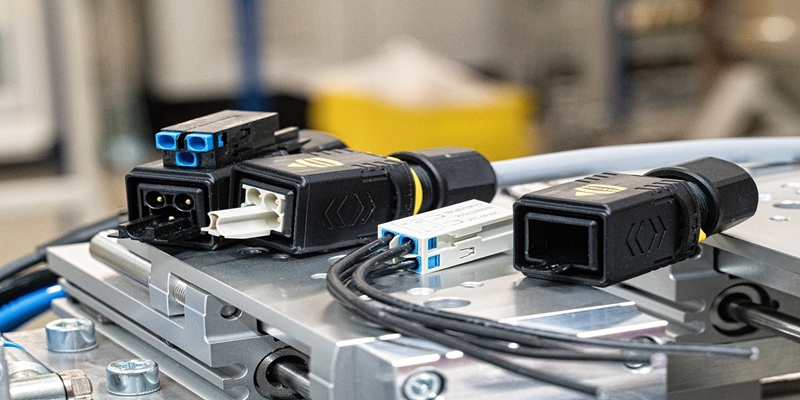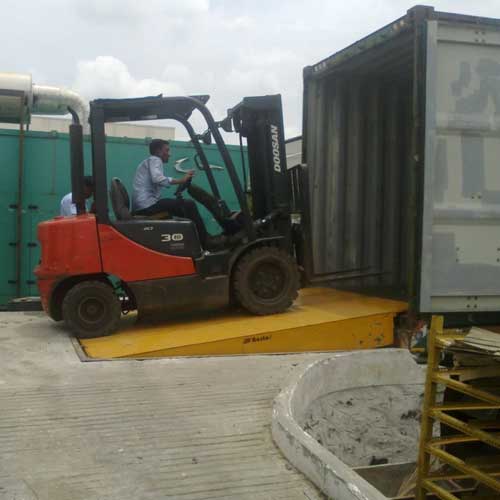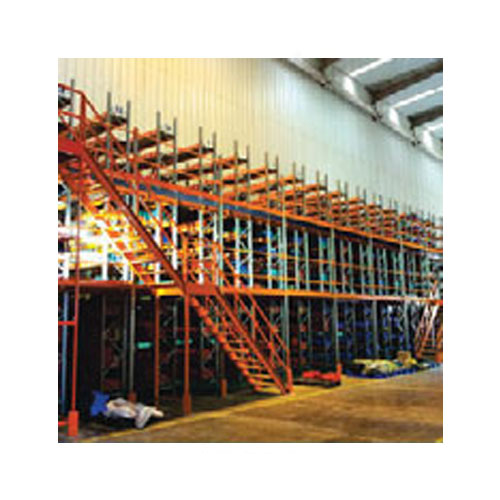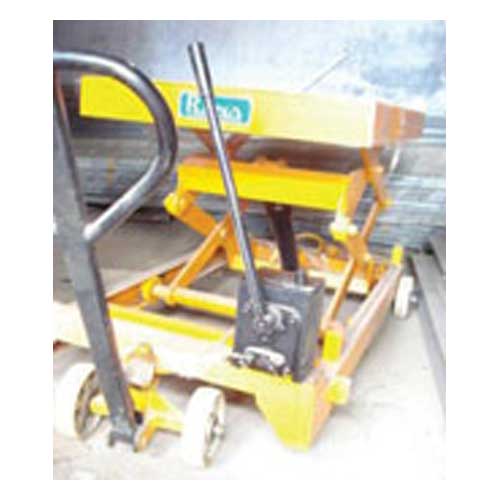Schedule a Call Back
The effect of modernisation on supply chains
 Interviews
Interviews- Jul 29,24

Related Stories

MIC Electronics Signs MoU to Enter Refurbished Electronics Segment
MIC Electronics signs an MoU with Refit Global to evaluate entry into the refurbished and circular electronics market, with due diligence in final stages.
Read more
Schneider Electric Opens Liquid Cooling Factory in Bengaluru
Schneider Electric launches its first Motivair liquid cooling plant in India, strengthening local manufacturing for AI-ready, high-density data centres and boosting export capabilities.
Read more
Harting Launches PushPull V4 Power QuickLock Connectors
Harting unveils PushPull V4 Power QuickLock connectors with Han QuickLock technology for fast, tool-less field assembly in compact industrial and outdoor applications.
Read moreRelated Products

Dock Leveller
Besto Material Handling Equipments offers a wide range of dock leveller.

Multi Tire
SCI Storage Solution offers a wide range of multi tire.

Industrial Lifting Equipment
Rana Material Handling Equipments Pvt Ltd offers a wide
range of industrial lifting equipment.











